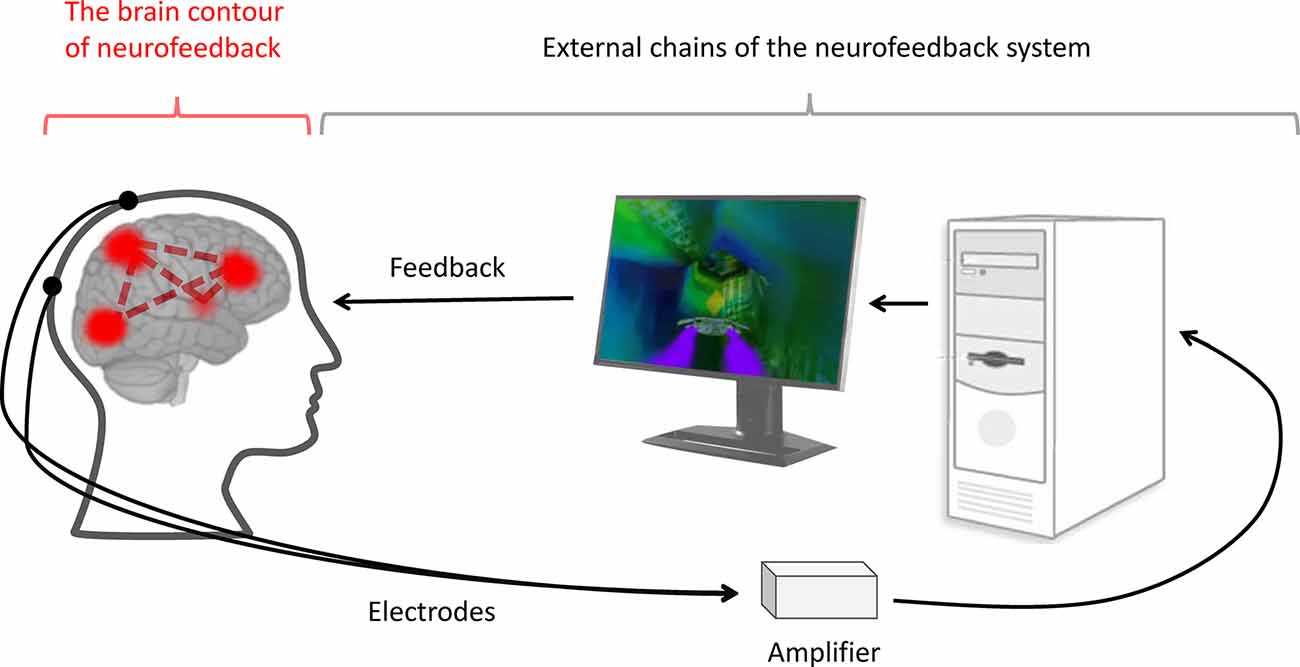Harnessing the Power of Neuro-feedback to Transform Anxiety Control and Enhance Cognitive Health
Harnessing the Power of Neuro-feedback to Transform Anxiety Control and Enhance Cognitive Health
Blog Article
Neurofeedback is an novel technique that has received interest for its potential to help control anxiety and enhance mental well-being. This method involves using real-time visualizations of brain activity to teach individuals how to control their brain function. By tracking brain waves, neurofeedback provides feedback that can help people learn to manage their mental states. This technique can be particularly helpful for those dealing with anxiety, as it offers a new way to understand and handle their feelings.
Anxiety is a common mental health issue that impacts many people. It can appear in various ways, including excessive worry, unease, and physical symptoms like a racing heart. Traditional therapies for anxiety often include therapy and medication, but these methods may not work for everyone. Neurofeedback presents an alternative approach that centers on self-regulation. By conditioning the brain to operate more efficiently, individuals can discover to lessen their anxiety levels and boost their overall mental health.
The process of neurofeedback typically involves a trained professional who guides the individual through appointments. During these sessions, sensors are placed on the scalp to assess brain activity. The data is then shown on a screen, allowing the person to view their brain waves in actual time. The goal is to help individuals recognize patterns in their brain activity associated with anxiety. By exercising techniques to alter these patterns, they can learn to attain a calmer state of mind. This approach empowers individuals to take an active role in their mental health pathway.
Research has shown that neurofeedback can lead to significant improvements in anxiety symptoms. Investigations indicate that individuals who participate in neurofeedback training often report feeling less anxious and more in command of their emotions. This technique not only helps in diminishing anxiety but also boosts overall mental well-being. Participants frequently experience better focus, improved mood, and increased resilience to stress. These advantages can lead to a more fulfilling life, as individuals feel more prepared to handle challenges.
In conclusion, neurofeedback is a hopeful tool for transforming anxiety management and enhancing mental well-being. By providing individuals with the capability to comprehend and regulate their brain activity, this technique offers a distinct approach to managing with anxiety. As more people look for effective ways to handle their mental health, neurofeedback stands out as a valuable option. With continued research and awareness, it has a fantastic read the potential to transform the lives of many individuals struggling with anxiety, leading to a healthier and more equitable life.